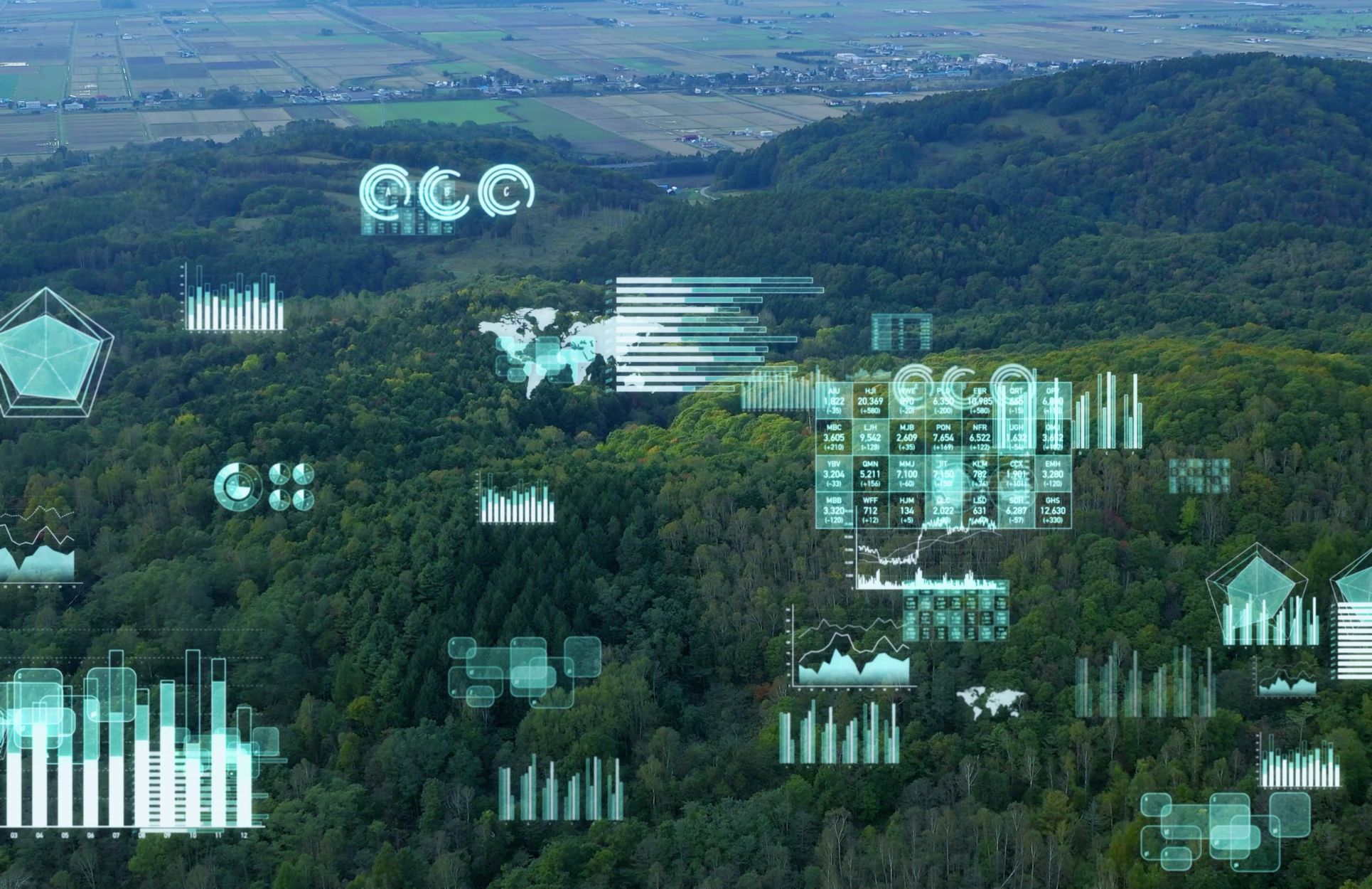 Nick Spencer, Chair of the IFoA’s Climate and Sustainability Scenarios Committee, introduces the committee’s findings and recommendations
Nick Spencer, Chair of the IFoA’s Climate and Sustainability Scenarios Committee, introduces the committee’s findings and recommendations
Last year, at a Staple Inn iNED event reviewing the recent ‘The Emperor’s New Climate Scenarios’, there was broad acceptance of the report’s finding. But it accompanied a widespread lament that boards and their advisors didn’t seem aware of the challenges and certainly not engaged in the issues.
Rather than just lamenting, we resolved to follow this up, working with the IFoA’s Council and Sustainability Board to create the Climate and Sustainability Scenarios Committee.
The committee’s objective was “to consider the appropriate responses and plan of action to address the potential that many of the industry standard climate and sustainability scenarios may not be suitable for the regulatory and reporting purposes they are being used for. It will bring these matters to the attention of the appropriate regulators with the aim of developing suitable remedies.”
Combining Council, Sustainability Board, the executive and senior volunteers, the committee convened roundtables including representatives from BoE, FCA, TPR, FRC, Lloyds of London, and DWP (held under Chatham House rule, with attendees speaking from a personal perspective).
Below you can read the committee’s:
In brief, the committee felt that the capabilities outlined in the recent IFoA Risk Alert form an excellent basis for all financial services boards and professionals to follow. This would require boards and professionals to understand climate scenarios’ challenges and limitations, communicate these clearly, and consider the implications of worse-case scenarios that may be much more severe.
As such, we believe the competency and capabilities of our financial services will be much enhanced leading to greater resilience and adaptability to the impacts of climate change. Further, better understanding and communication will reduce consumer detriment risks, improve the management of climate-related risks, and reduce risks of greenwashing miscommunication.
Our recommendations include writing with our findings to the regulators (now completed) and encouraging ongoing Sustainability Board dialogue with them. We recommended the IFoA’s Education Committee work closely with the Regulatory Board to understand how it can best support the understanding of actuaries as outlined in the Risk Alert.
We also recommended further investigations on potential prudential gaps in our regulatory oversight and helping convene academics and climate scientists to understand potential gaps in scenario projections on an ongoing basis.
Stepping away from the committee’s work, from a personal point of view, I have been taken by the increasing work on the inter-connectedness of risks, with an example mapping highlighted in the ‘Climate Scorpion’ report. Interconnectedness, system-thinking and system-perspectives were also regularly repeated themes at the recent IFoA’s Sustainable Investment Conference in October.
I’m excited by the new vistas that are opening up for actuarial and risk work – embracing complexity within short-term, ‘decision-useful’ risk maps and tools. There is a suite of techniques that enhance the actuarial control cycle, help map the complexity and interactions of the system and can be calibrated and quantified into scarily plausible, real-world scenarios. I believe we will soon be asked to extend from thinking solely about climate-related risks to embracing the broader interactions with nature and society.
Addressing the systemic risks from climate change, and the broader sustainability challenge, is a complex multifaceted problem. Raising understanding and awareness of limitations in current models is critical, especially given the significant gap (gulf?) between scenario projections and the latest climate science.
But this is only part of the ongoing conversations and upskilling we will require. And it’s a huge opportunity. Once integrated with a systems-perspective, the actuarial mindset is almost certainly one of the best placed to understand the implications of the modelling strengths and weaknesses, and help guide and advise their clients through the complexity and uncertainties of our future paths.
I’m looking forward to seeing these approaches embedded into our core skillsets. The demands and challenges of sustainability stretch us individually and collectively, but this also makes it an exciting opportunity for the whole profession.
Finally, I would like to thank my fellow committee members Sandy Trust (original Chair and then Deputy Chair), Wendy Walford, Mike Clark, Martin Ettles and Caroline Winchester for all their insights, hard work and, particularly, for their forbearance during all the times when I was hard-driving responses and deadlines.